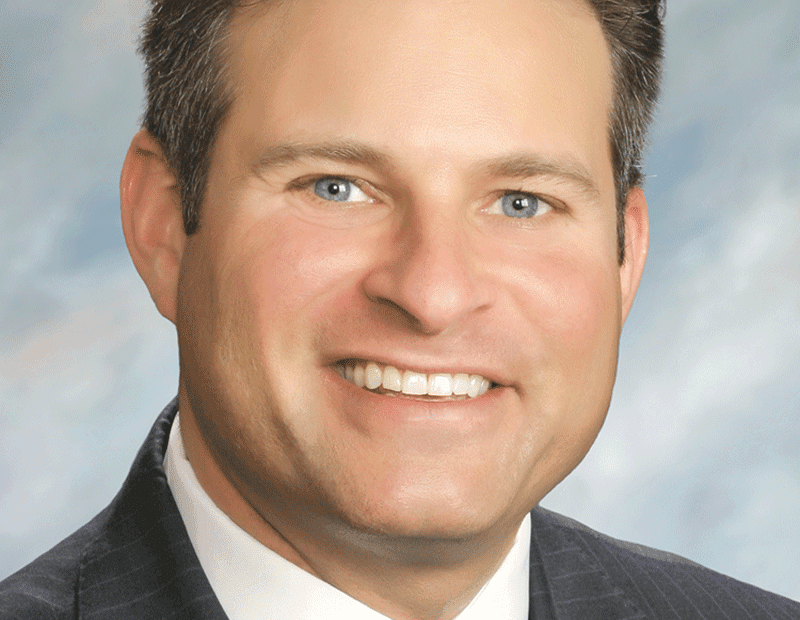
Demystifying Death
Steps to Take from the Funeral Home Right Through to Probate
Coping with the death of a loved one is difficult. Since family members and friends will be experiencing a time of emotional strain, it is important for those involved with the funeral arrangements and estate settlement to have the fundamental information necessary to perform their respective tasks.This article will demystify the important action steps needed to ensure a smooth process of administrating and settling a loved one’s estate.
Actions Immediately upon Death
Upon the death of a loved one, there are certain actions that should take place immediately. A funeral director should be notified, and an appointment should be made to discuss funeral arrangements. These may include transfer of your loved one to another location and the decision whether to pursue burial or cremation, which has become increasingly popular.
At that time, you should request certified death certificates from the funeral director, and in the event that you require additional ones, they may be obtained through the municipality or town where the death occurred. Notification of your loved one’s death should be made to the post office, especially if the decedent lived alone; the Social Security administration; a retirement plan custodian, if any; investment professionals; an accountant or tax-return preparer; and the attorney for your loved one’s estate, among others.
Duty to Deliver the Will
Massachusetts law requires that any person having custody of a will must, within 30 days of acquiring knowledge of the death, deliver the will to the Probate and Family Court Department for the county in which the decedent lived at the time of death. However, as a practical matter, oftentimes the will is filed more than 30 days after without penalty.
To Probate or Not to Probate the Will?
Probate is the court’s supervision of the process that transfers the legal title of property from your loved one’s estate to his or her beneficiaries. The court appoints an executor as the personal representative of the estate and adjudicates the interests of heirs and other parties who may have claims against the estate.
In short, the probate process proves the validity of the will. This counters the erroneous but widely held belief that, if you have a valid will, you will avoid probate. However, not all estates need to go through the probate process.
Basically, any property held in trust or in joint names is non-probate property, so in the event that all of your loved one’s property passes outside of his or her will, there is no need to go through probate. In addition, property passing by beneficiary designations to anyone other than the estate of the decedent, such as TOD accounts, POD accounts, life insurance, annuities, retirement, and pension accounts, are non-probate property. However, if any asset is owned individually by the decedent, without a joint owner or beneficiary, or is held in trust, the asset is considered a probate asset and must go through the probate process to reach its proper beneficiary.
The Probate of the Will
To start a probate action in Massachusetts, you must petition the Probate Court, asking for the allowance of the decedent’s will and appointment of the executor. Until the executor is appointed, he or she has no authority to pay bills or distribute your loved one’s property.
In the event that the decedent did not have a will, a similar procedure is necessary to appoint an administrator with power to handle the decedent’s property. It is important to note that, if the decedent’s assets are below $15,000, a shortened procedure, called a voluntary administration, may be possible.
An executor, or administrator, as the case may be, typically engages an attorney to prepare and file the petition for probate, as well as the fiduciary bond and other corresponding legal documents. After the petition is filed, the Probate Court will issue a formal notice that needs to be published in a local newspaper and sent to all heirs. This notice alerts any creditors and other interested parties that the will has been offered for probate. If no one objects to the will or to the appointment of the nominated executor or administrator, the attorney requests the allowance of the will, the judge to sign the fiduciary bond, and the appointment of the nominated executor or administrator.
Three months after the judge signs the fiduciary bond, and the executor or administrator is appointed by the court, Massachusetts requires the filing of an inventory showing the probate estate held at date of death. However, oftentimes the executor waits until the estate-tax figures have been established to complete and file the final inventory.
Massachusetts also requires an accounting at the end of the administration of an estate that provides for all probate estate items received and distributed during the administration, income earned, and fees and expenses paid. Accounts are either prepared annually, or a single account called the first and final account is prepared at the end of administration. Typically, once the court allows the account, the executor’s liability for the estate ends.
During the probate process, the executor typically performs the following tasks:
• Identifying and inventorying estate property;
• Paying estate debts, expenses of administration, and taxes;
• Distributing property as directed by a will or state law;
• Accounting to the Probate Court or beneficiaries for the collection and distribution of probate assets; and
• Preparing estate-tax returns if necessary.
Estate-tax Returns
Executors are required to have estate-tax returns prepared if the estate assets (probate and non-probate) reach a certain threshold. Under current law, the threshold for Massachusetts estate tax is $1 million. As of now, no federal estate-tax return is required for a decedent dying in 2010. However, Congress may enact a law during 2010, and if it does, it may be retroactive to Jan. 1, 2010. Federal and state estate tax returns are due nine months after the date of death.
Many people are interested in the distribution of the estate, including creditors, a surviving spouse, government taxing authorities, beneficiaries, and executors of the estate. Individual parties may have competing interests in the probate and estate administration, so sound estate planning during one’s lifetime often facilitates the estate administration upon death and prevents the various challenges and potential disputes that may plague the unprepared.
Todd C. Ratner is an estate-planning, business, and real-estate attorney with the Springfield-based law firm Bacon Wilson, P.C. He is a member of the National Academy of Elder Law Attorneys and recipient of Boston Magazine’s 2007, 2008, and 2009 Massachusetts Super Lawyers Rising Stars award; (413) 781-0560; baconwilson.com; bwlaw.blogs.com





